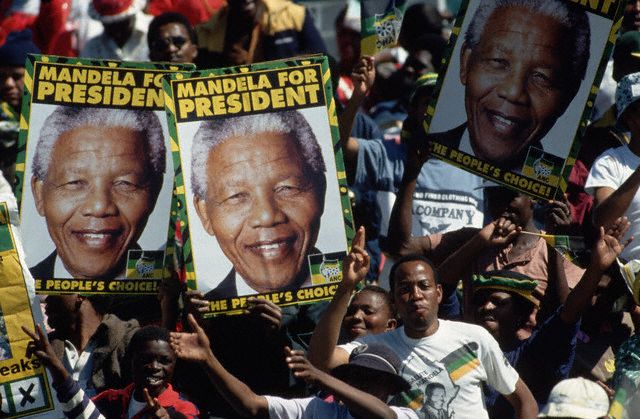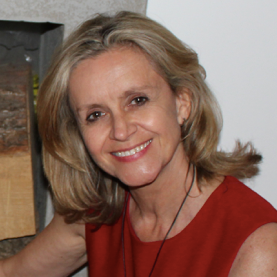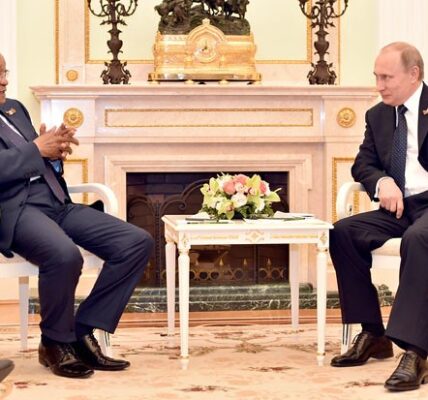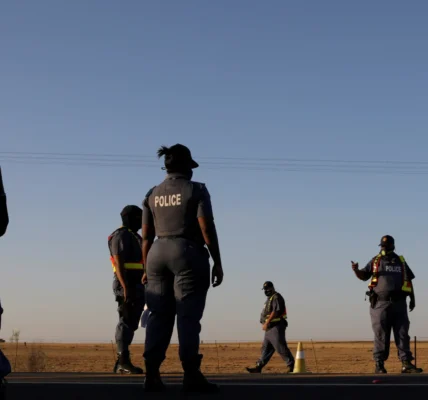No Need to Panic About Political Stability in South Africa; Its Democracy Is Evolving – Moeletsi Mbeki
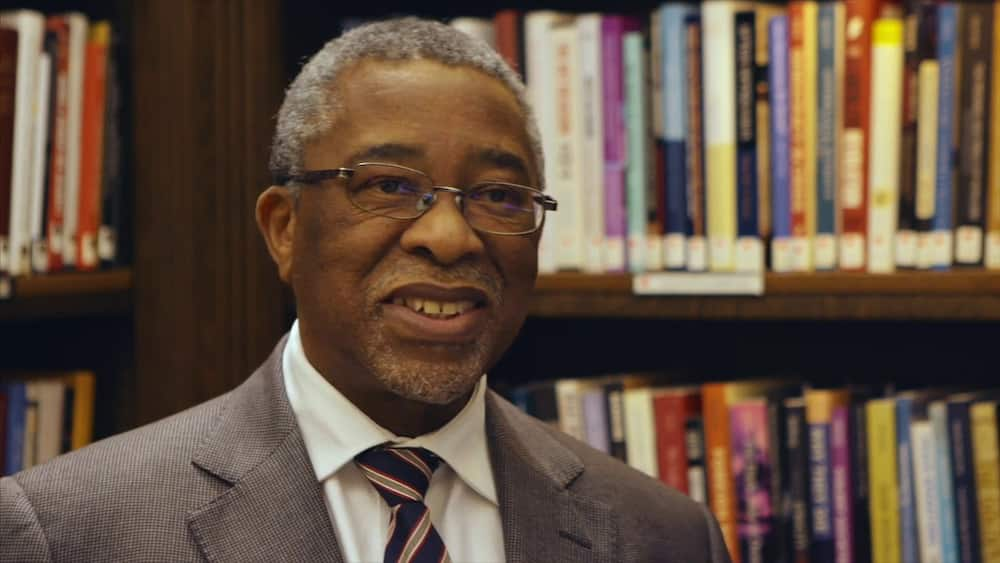
The ANC losing its majority and needing to form alliances with other parties should not be seen as a reason to panic about South Africa’s political future, according to political analyst Moeletsi Mbeki. Mbeki said the ANC can govern as a minority government and the arrangement does not need to be unstable, but the ANC would have to become more consultative. Regarding investors’ fears about the future of the country, he stated that this development should be welcomed by foreign investors, as it indicates a thriving democratic process. The emergence of the uMkhonto we Sizwe party(MKP) of Jacob Zuma, he added, is not tribalism but reflects widespread dissatisfaction with the ANC’s performance.
Key edited quotes:
ANC’s decline in support was expected
I was not surprised. There were clear signs that the ANC was losing the support of a significant portion of the population and its voting base, especially in the major cities. This trend became evident in 2016 during the local government elections when the ANC lost its majority in key cities like Johannesburg, Pretoria, and Port Elizabeth in the Eastern Cape. The core constituency of the ANC, including the black middle class and sections of the black working class, has progressively become disenchanted with the ANC government. So, I wasn’t really surprised that it lost its majority.
The ANC doesn’t need a coalition to govern
The ANC does not need a coalition. The constitution states that, within 14 days, the new members of Parliament must meet and elect a president. It doesn’t specify that the president must come from a party with 51% of the votes, only that a majority of those present must elect the president. So technically, Ramaphosa can be re-elected by Parliament without a coalition partner.
To govern effectively, the ANC may need to make case-by-case agreements with other parties to pass legislation like the budget. However, this does not mean a coalition is necessary. Stability depends on the ANC president and his cabinet’s willingness to listen to other political parties and negotiate support for each piece of legislation. They must be more consultative, but it doesn’t have to be unstable.
EFF Is not growing and has less influence than perceived
I don’t see the ANC changing its policies. Remember, the EFF claims these are old ANC policies from the 1950s. There’s no need for business to panic. The Freedom Charter, one of the founding documents of the ANC, calls for the nationalization of banks and monopoly industries. For the last 30 years, businesses have coexisted with an ANC government that endorses these policies.
The recent election showed that the EFF is not a growing party; it is actually declining. It lost some of its voters and is now the fourth largest party. It doesn’t have the influence that many people believe it does.
Foreign investors should welcome the evolution of SA democracy, single party dominance is over
If I were a foreign investor, I would be pleased with this result because it shows that South African democracy is evolving and growing beyond single-party dominance. We are now witnessing a genuine democracy emerging in South Africa, and investors should appreciate that the ANC lost its majority instead of panicking. This is a sign that democracy is thriving in South Africa. The ANC has accepted its loss of majority and is engaging with other political parties to form a new government. Investors should view the election results positively rather than with concern.
President Cyril Ramaphosa likely to stay, cabinet can remain unchanged
The ANC has confirmed, as stated by the ANC Secretary General, that it supports Cyril Ramaphosa. This support is not just for good times but also for challenging periods. I don’t see any threat to his continuation as president. If we end up with a minority government, where the ANC forms the government, there won’t be a need to change the current cabinet, aside from the usual adjustments. If a coalition partner is brought in, then accommodations will need to be made. However, currently, the ANC remains the largest party in South Africa by a significant margin, with the nearest party trailing by 20 percent in terms of votes.”
No need for panic about political stability in South Africa
I don’t see any reason for panic about South Africa’s political stability. While there are concerns like our railways and electricity supply, political stability isn’t one of them.
ANC must adapt to survive
The ANC claims it is renewing itself, but the specifics of this renewal are unclear. Remember, the ANC is over a century old, and it’s challenging for such old institutions to renew themselves. While renewal is possible, as seen with the Labour Party under Tony Blair and the Chinese Communist Party under Deng Xiaoping, it also carries risks. The Communist Party of the Soviet Union’s renewal attempt led to its collapse. The ANC needs to rethink its role because South African society is changing rapidly, and the ANC is not keeping pace. If the ANC fails to adapt, it risks becoming obsolete, which is a significant threat it faces.
Emergence of MKP is not tribalism
I don’t think it’s tribalism. There is widespread dissatisfaction with the ANC’s performance over the past 15 years, manifesting in various ways. The ANC’s loss of majority and acceptance of this loss is a positive development, indicating a move towards a more democratic country. I don’t see why people are panicking.

